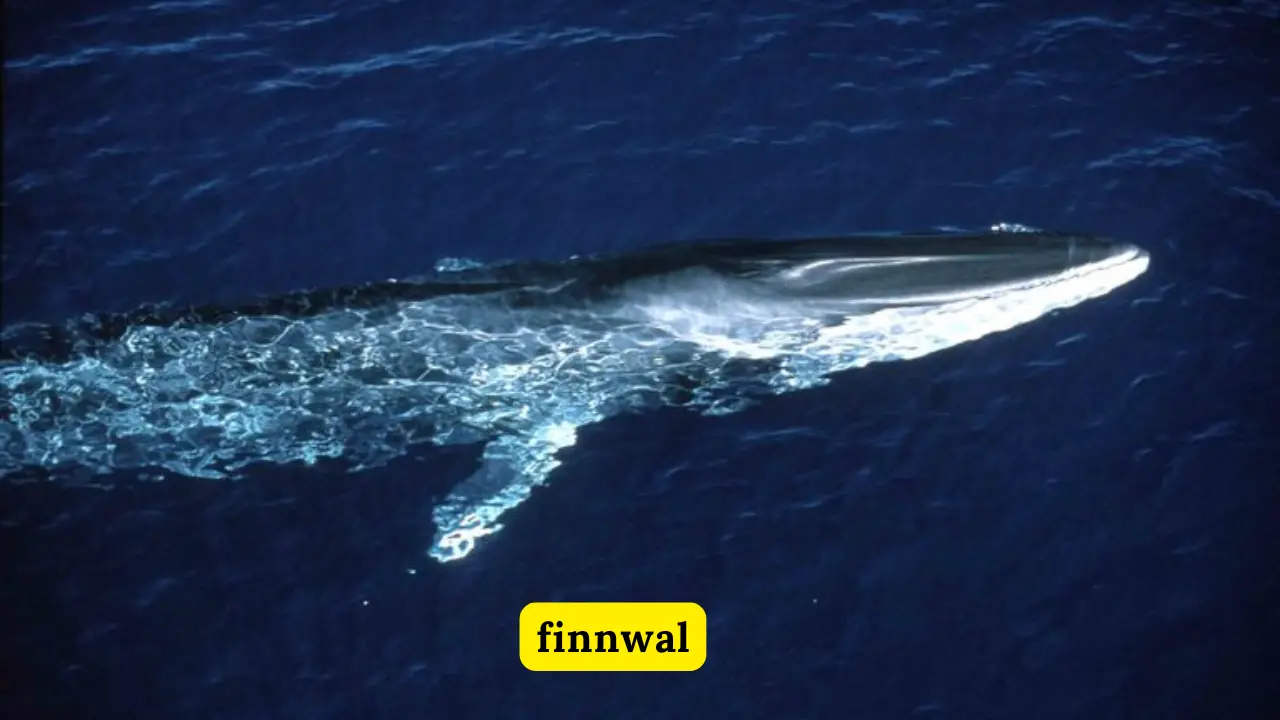The fin whale (Balaenoptera physalus), also known as the finback whale or common rorqual, is a remarkable species of baleen whale renowned for its impressive size and agility. As the second-longest cetacean, the fin whale reaches lengths of up to 85 feet (26 meters) and weighs as much as 80 tons, making it a true giant of the ocean. Finnwal
Physical Characteristics
The fin whale is distinguished by its sleek, streamlined body which is designed for swift, efficient swimming. Its color varies from light gray to brownish, often with irregular white patches on its underside. One of its most striking features is its dorsal fin, which is located about two-thirds down its back and is often falcate in shape.
Habitat and Distribution
Fin whales are found in oceans worldwide, from the Arctic and Antarctic to temperate and tropical seas. They are migratory animals, often traveling long distances between feeding and breeding grounds. In colder waters, they primarily feed on small schooling fish, krill, and other planktonic organisms, while in warmer waters, they may focus more on reproductive activities.
Behavior and Social Structure
Despite their size, fin whales are known for their agility and speed, capable of reaching speeds up to 23 miles per hour (37 kilometers per hour). They are typically seen alone or in small groups, although larger aggregations can occur, especially in feeding areas. Fin whales communicate using low-frequency vocalizations, which can travel long distances underwater.
Conservation Status
The fin whale has faced numerous threats over the years, particularly from whaling during the 20th century. Although commercial whaling has largely ceased, fin whales are still considered a species of concern due to ongoing threats such as ship strikes, entanglement in fishing gear, and environmental changes. Conservation efforts are in place to protect their habitats and ensure their populations remain stable.
Conclusion
The fin whale, with its impressive size and grace, continues to captivate researchers and whale enthusiasts alike. Understanding and protecting these majestic creatures is crucial for maintaining the health of our oceans and ensuring their survival for future generations.
